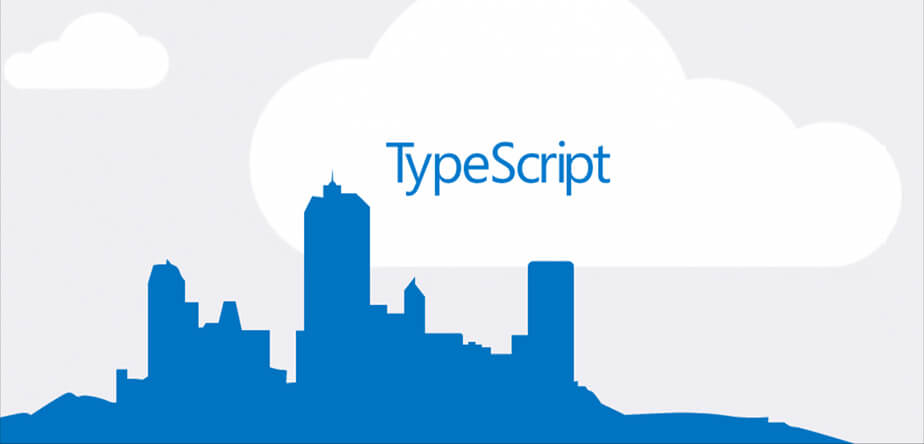TypeScript's Ascendancy in 2024
In the ever-evolving landscape of web development, TypeScript has emerged as a frontrunner, promising enhanced developer experiences and robust codebases. As we venture into 2024, this article explores the growing importance of TypeScript in shaping the future of web development, offering insights into its adoption, benefits, and impact on the developer ecosystem.
The Rise of TypeScript Adoption:
TypeScript, a superset of JavaScript, has witnessed a meteoric rise in adoption among developers. Its static typing, coupled with the familiarity of JavaScript syntax, has made it an attractive choice for projects of varying scales. In 2024, TypeScript's adoption is not merely a trend but a strategic decision for developers and organizations aiming for scalable and maintainable codebases.
Enhanced Developer Productivity:
One of the primary advantages driving TypeScript's importance is the boost it provides to developer productivity. The static typing feature allows for early error detection, reducing the likelihood of bugs in the development process. This results in faster development cycles, as developers can catch and rectify issues before runtime, streamlining the coding and debugging phases.
Code Quality and Maintainability:
TypeScript's emphasis on static typing contributes significantly to code quality. The compiler enforces strict typing rules, making the codebase more predictable and less error-prone. This not only leads to more reliable applications but also facilitates better collaboration among development teams. As projects grow in complexity, TypeScript's ability to catch potential issues early becomes instrumental in maintaining code quality and long-term project sustainability.
Compatibility and Ecosystem Integration:
In 2024, TypeScript has seamlessly integrated into the JavaScript ecosystem, offering compatibility with existing JavaScript codebases. Its gradual adoption approach allows developers to incrementally introduce TypeScript into projects, making the transition smoother. With robust support from popular frameworks and libraries, TypeScript has become a versatile tool for developers, aligning with the diverse needs of modern web development.
TypeScript and Modern Frontend Frameworks:
TypeScript's synergy with modern frontend frameworks, such as React, Angular, and Vue.js, further cements its importance. The ability to define and enforce component interfaces, coupled with improved autocompletion and documentation, enhances the developer experience when working with these frameworks. This integration empowers developers to create more maintainable and scalable frontend applications.
Conclusion
As we traverse the digital landscape in 2024, TypeScript stands not just as a language choice but as a strategic investment in developer productivity, code quality, and project scalability. Its growing importance is a testament to the ever-increasing demand for efficient and maintainable codebases. Embracing TypeScript is not just a trend; it's a commitment to the future of web development.



